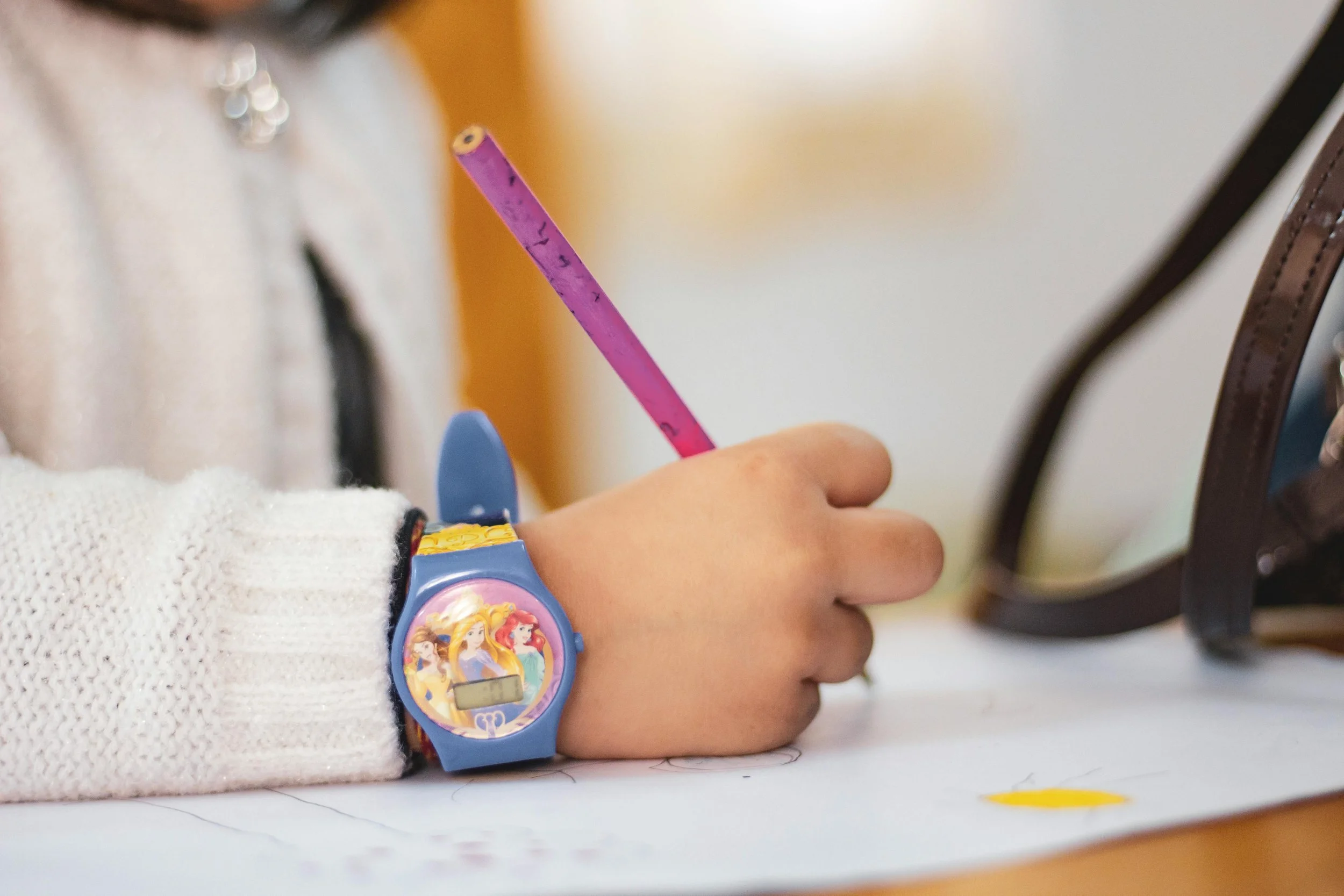
BLOG
How to Talk to Your Child About Sex
Age-appropriate sex education builds healthy attitudes about bodies, relationships, and consent while fostering trust between parents and children across all developmental stages.
How Initial Therapeutic Interactions Shape LGBTQ+ Client Engagement
The first moments of therapeutic contact determine whether LGBTQ+ clients feel safe enough to engage in care, from intake forms to initial sessions and beyond.
Navigating Attachment with Nannies and Non-Parental Caregivers
Children form meaningful attachments to nannies and caregivers, and understanding these bonds helps parents support healthy development and navigate transitions thoughtfully.
Supporting Loved Ones with Eating Disorders During the Holidays
Practical, compassionate strategies for supporting loved ones with eating disorders during challenging holiday gatherings while maintaining healthy boundaries and your own wellbeing.
Getting Your Child Interested in Therapy When They Don't Want to Go
Practical strategies for parents navigating a child's resistance to therapy, including how to reframe treatment, build engagement, and work effectively with therapists.
Self-Care Strategies for Navigating Political Divides During the Holidays
Practical self-care strategies help you navigate political tensions with family during the holidays while protecting your mental health and maintaining meaningful connections.
How Therapy Helps Children with Selective Mutism
Evidence-based therapy helps children with selective mutism overcome speaking anxiety through gradual exposure, play-based interventions, and family collaboration.
Should Your Child's Therapist Testify in Your Custody Case?
Asking your child's therapist to testify in custody proceedings may seem helpful, but it often jeopardizes the therapeutic relationship and your child's well-being.
Climate Grief and Eco-Anxiety in Adults
Climate grief and eco-anxiety are emerging mental health concerns as adults grapple with the emotional weight of the environmental crisis.
The Psychology of Betrayal: Why It Hurts So Deeply
Betrayal strikes at the core of our emotional being because it violates fundamental human needs for trust, safety, and connection.
How to Talk to Your Therapist About Difficult Topics
Opening up about sensitive topics in therapy can feel daunting, but honest communication is essential for meaningful progress and healing.
Healing from Relationship Trauma
Understanding relationship trauma is the first step toward healing. Learn how therapy can help you rebuild trust and create healthier connections.
Religious Betrayal Trauma: When Faith and Trust Are Broken
Understand religious betrayal trauma and discover healing pathways when faith communities, leaders, or institutions cause deep spiritual and emotional harm.
Coping with Layoffs and Job Loss
Learn essential strategies for maintaining mental health and resilience while navigating the challenges of job loss and unemployment.
Setting Healthy Boundaries Without Guilt
Discover how to set healthy boundaries without guilt and create more balanced relationships through compassionate self-advocacy and clear communication.
Supporting a Partner with Mental Health Challenges
Learn how to compassionately support a partner facing mental health challenges while maintaining your own well-being and strengthening your relationship together.
Mindfulness Practices That Actually Work
Evidence-based mindfulness techniques that move beyond popular misconceptions to deliver real benefits for stress reduction, emotional regulation, and mental clarity.
Why You're Burning Out: The Crash-Out Effect and How to Cope
Understanding the sudden collapse that follows chronic stress accumulation and practical strategies for recovering from and preventing the crash-out effect of burnout.
The Psychology of Imposter Syndrome (and How to Beat It)
Exploring the psychological roots of imposter syndrome and practical, therapeutic approaches to overcome chronic self-doubt and build lasting confidence.
AI as Therapy: Promise vs. Peril
Exploring the revolutionary potential and concerning risks of artificial intelligence in mental healthcare as technology reshapes how we approach psychological treatment.




















